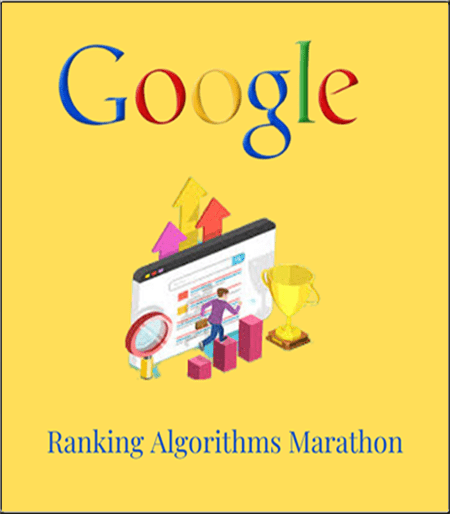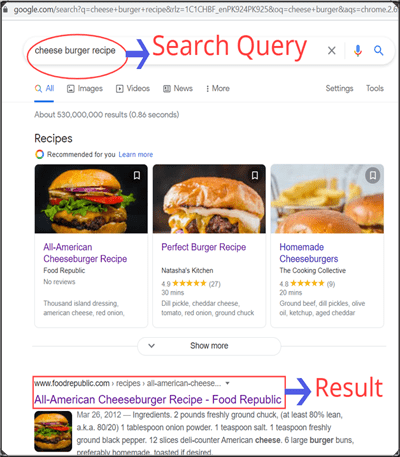Hi, guys in this post we will discuss how Google algorithms work. With a measurement of data accessible on the website, finding what you need would be almost unthinkable without some assistance figuring it out.
Google positioning frameworks are intended to do exactly that; sort through many billions of pages in its Search list to locate the most pertinent, valuable outcomes in a small amount of a second and present them such that causes you to find what you’re searching for.
It uses Google ranking algorithms & relevancy. Some major play a role in Page Authority and Domain Authority; this article will address other aspects.
[lwptoc]

How Google Algorithms Work:
Google Algorithms
Google’s ranking algorithm isn’t a mystery, as it once was; therefore, individual factors and metrics it’s made from are fairly well documented. Backlinks are the most important ranking factor. If you look for the ‘cheeseburger recipes’ algorithm, you will scrutinize pages against that search term.
Let’s take a simplified check out two metrics and how they could influence one another. Keywords might appear within the URL, such as www.recipes.com/cheeseburger.
Now Google algorithms are smart enough to identify keywords in URLs and content. Many of these may need the keywords’ cheese burger’ and ‘recipes.’ But what if there is a page with the keyword in the URL and Meta description, but its content is based on reviews?
So Google is going to run the next algorithm for further analysis. Like whether the content is relevant or not, how many backlinks do it has, relevancy, readable analysis, and many other things? This picture will help you to understand in a better way.

All various factors Google looks at affect one another. Each one could also be worth more or less (in weighting); therefore, the relationship between them is consistently shifting. Google issues many updates per annum, constantly tweaking this.
It is most ordinarily this relationship and weighting that’s changed quite metrics. When this happens, it’s usually during a more major update, like Penguin or Panda.
Ranking Algorithms:

After indexing content, Google took a copy of it and placed a shortcut to the page in the index. It can now be found and displayed when matching a relevant search query.
Each search you create in Google will likely have thousands of results, so now Google must decide what order it’s getting to display leads to. This is really at the guts of SEO – adjusting factors to control the order of results.
Google decides which query goes where through an algorithm. An algorithm may be a generic term that suggests a process or rule set followed to unravel a drag. About Google, this is a set of weighted metrics which determines the order in which they rank the page.
Relevancy:
How relevant is content to query? The indexer is the first test on this, determining if it should appear within the results. However, this is often taken a step further to rank keywords. It is sensible that when checking out something, you would like to ascertain the top relevant results possible.
Relevance is decided by a mixture of on-page and off-page factors. Both specialize in the location of keywords, like page titles and anchor text. Some metrics are a combination of these. For example, if the domain as an entire is seen to be relevant to the search term, this is often getting to boost the relevancy score of an individual page.
